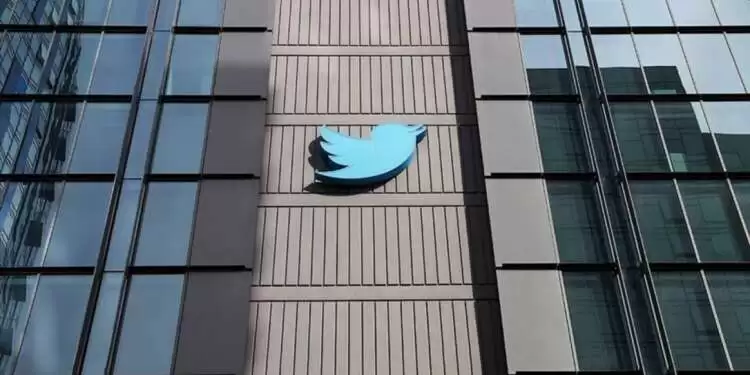Twitter has announced relaxing the long-standing ban on political advertisements and permitting issue-based paid promotions to “facilitate public conversation around important topics”.
The development comes as Twitter’s new owner Elon Musk seeks to grow revenue through the platform. Since his takeover, Musk has made a number of radical changes at the influential social media firm, forcing leading advertisers to flee. The restoration of accounts that had been banned for serious violations such as spreading hate speech and incitement to violence played a major role in pushing the advertisers away. (Former US president Donald Trump was one of the many suspended users whose accounts were reinstated by Musk under his “free speech” ideals.)
As Musk’s vision to monetise verified accounts failed to yield any desirable outcomes, the billionaire, who acquired Twitter for $44 billion in October, has been weighing different options to make the platform profitable. Twitter’s latest announcement concerning political advertising marks a stark shift from its 2019 prohibition of the same. Where Twitter had banned overtly promotional content coming from politicians, the company had also placed restrictions on advertisements aimed at social causes and which were submitted by organisations. The measure had attracted criticism as some critics believed Twitter was struggling with what the definition of political advertising actually constituted.
“We believe that cause-based advertising can facilitate public conversation around important topics,” a tweet on Twitter Safety reads. “Today, we’re relaxing our ads policy for cause-based ads in the US. We also plan to expand the political advertising we permit in the coming weeks.”
We believe that cause-based advertising can facilitate public conversation around important topics. Today, we're relaxing our ads policy for cause-based ads in the US. We also plan to expand the political advertising we permit in the coming weeks.
— Safety (@Safety) January 3, 2023
The statement added Twitter will align its advertising policy with that of TV and other media outlets. “As with all policy changes, we will first ensure that our approach to reviewing and approving content protects people on Twitter. We’ll share more details as this work progresses.”
Corporate advertisers were thrown into a panic after Musk’s plan to monetise blue check marks for $8 backfired in late-October. A number of malicious actors bought the checkmark, impersonated leading brands, and tweeted out misleading messages from verified accounts. The businesses, including pharmaceutical giant Eli Lilly, were soon embroiled in controversy as hordes of imperonsators popped up and made controversial announcements (“Insulin is free”) that were viewed by millions of users around the world. The scams resulted in losses worth millions of dollars and some companies pulled their advertising from Twitter.





